Effortless personal care that protects the earth.
Personal hygiene products should be as good for the environment as they are for our bodies. At PiperWai, we use the best ingredients sourced from nature to create sustainable personal care products that actually work.
Our belief in a more just and equitable future is why we use sustainable materials for our packaging.
Our belief in a more just and equitable future is why we use sustainable materials for our packaging.
First, let's talk about plastic
Unfortunately, our oceans are clogged with five massive floating islands of the stuff-- the largest of which is three times the size of France. There are 8 million tons of plastic that enter our oceans every year, and in thirty years, there will be more plastic than fish in the water. The personal care industry is one of the worst contributors of single-use plastic.
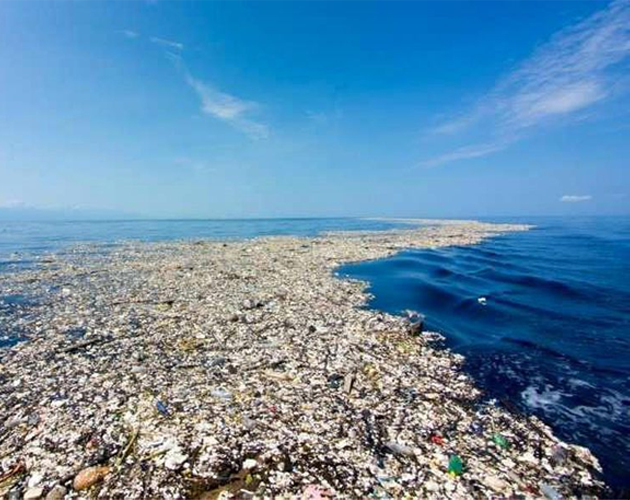
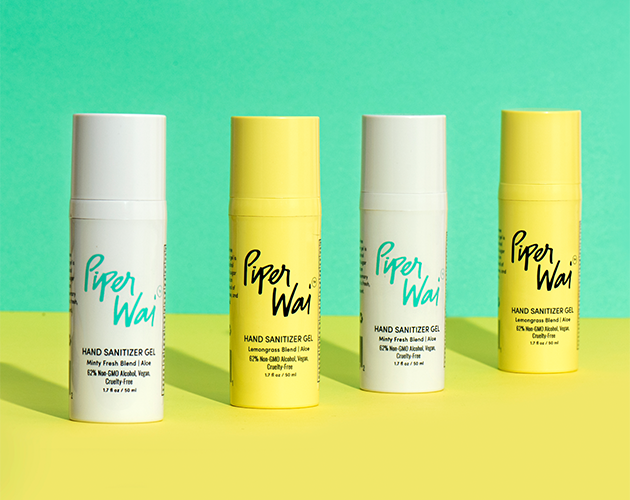
At PiperWai, we decided to be different
PiperWai is redefining the future of clean, everyday hygiene essentials. Our formulas are free of the common pollutants that harm marine life, and now our packaging will do more to help save the environment, too.
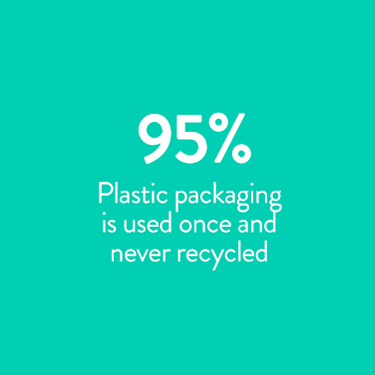
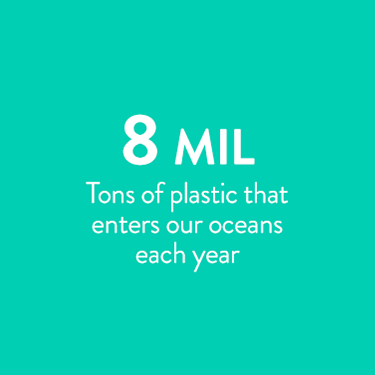
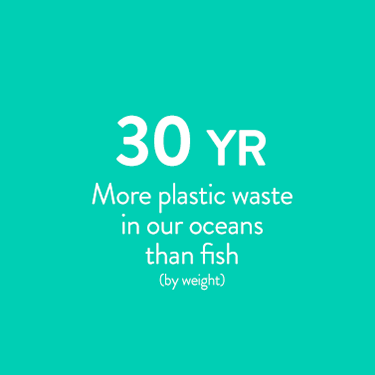

Aluminum
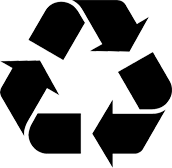
Post-Consumer Recycled
We believe the first step to healing our earth can start with the products we choose to put on our bodies. With PiperWai’s new, sustainable packaging, we hope to lead the charge to a more sustainable personal care industry.
Learn more

Aluminum
First and foremost, aluminum is 100% recyclable. It can also be recycled indefinitely without changing the quality of the material.
Aluminum requires less energy to recycle than plastics which leads to reduced costs in recycling and reduced carbon emissions. It’s also lightweight, which means a lower carbon footprint from shipping.
Aluminum requires less energy to recycle than plastics which leads to reduced costs in recycling and reduced carbon emissions. It’s also lightweight, which means a lower carbon footprint from shipping.
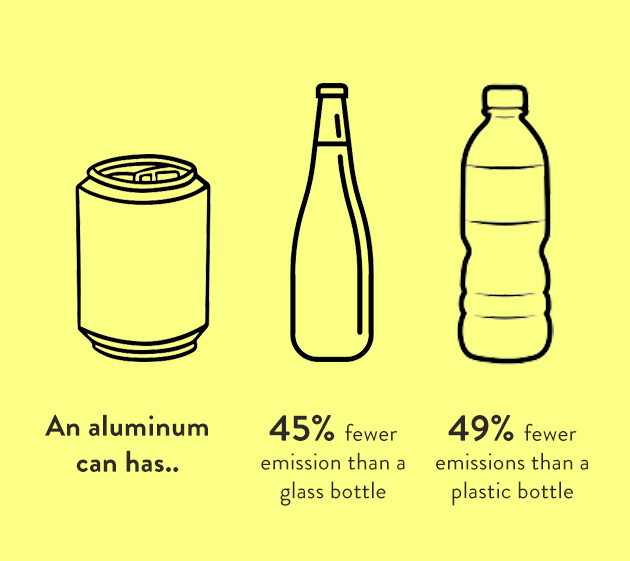
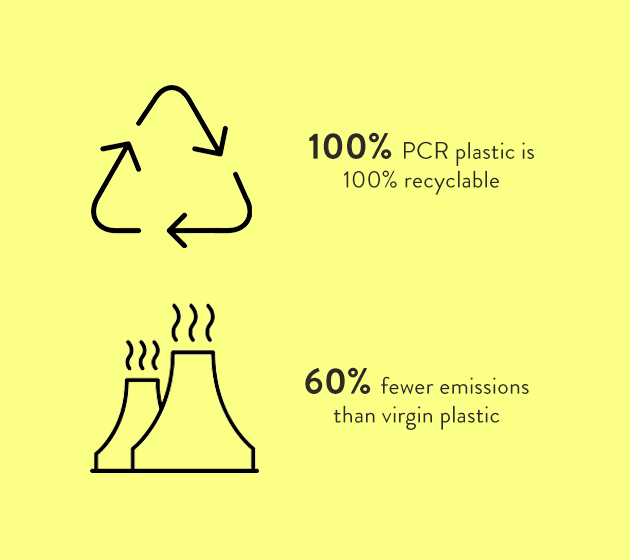
Post-Consumer Recycled Content
You know all those pizza boxes or La Croix cans you’ve been recycling? Well, PCR is made from those and other items you toss in your recycle bin.
PCR uses resources that would otherwise be in landfills and PCR plastic takes 60% less energy to produce than virgin plastic. Diverting plastic waste from landfills and waterways while conserving energy and fossil fuels? Yes please.
PCR uses resources that would otherwise be in landfills and PCR plastic takes 60% less energy to produce than virgin plastic. Diverting plastic waste from landfills and waterways while conserving energy and fossil fuels? Yes please.